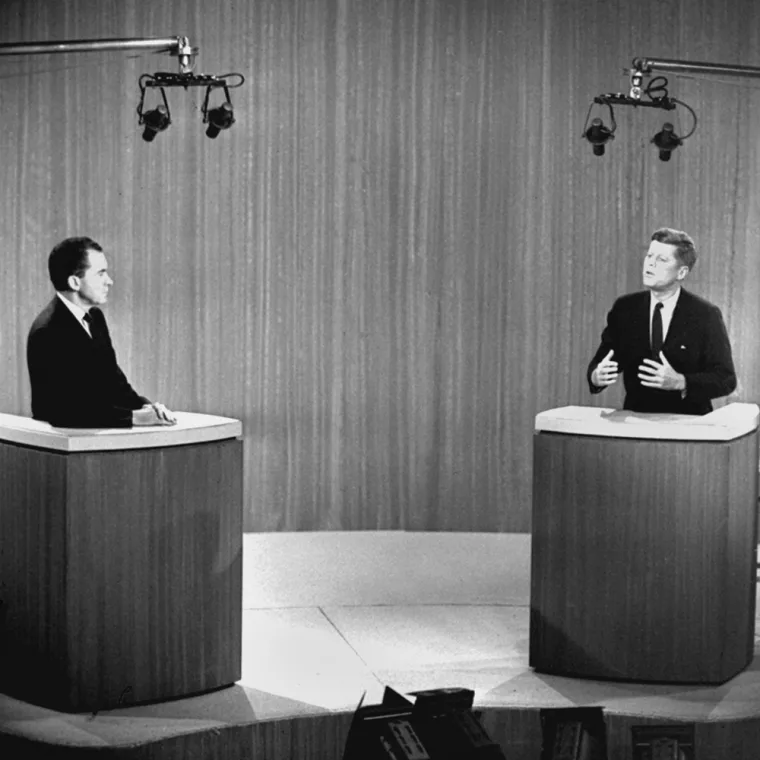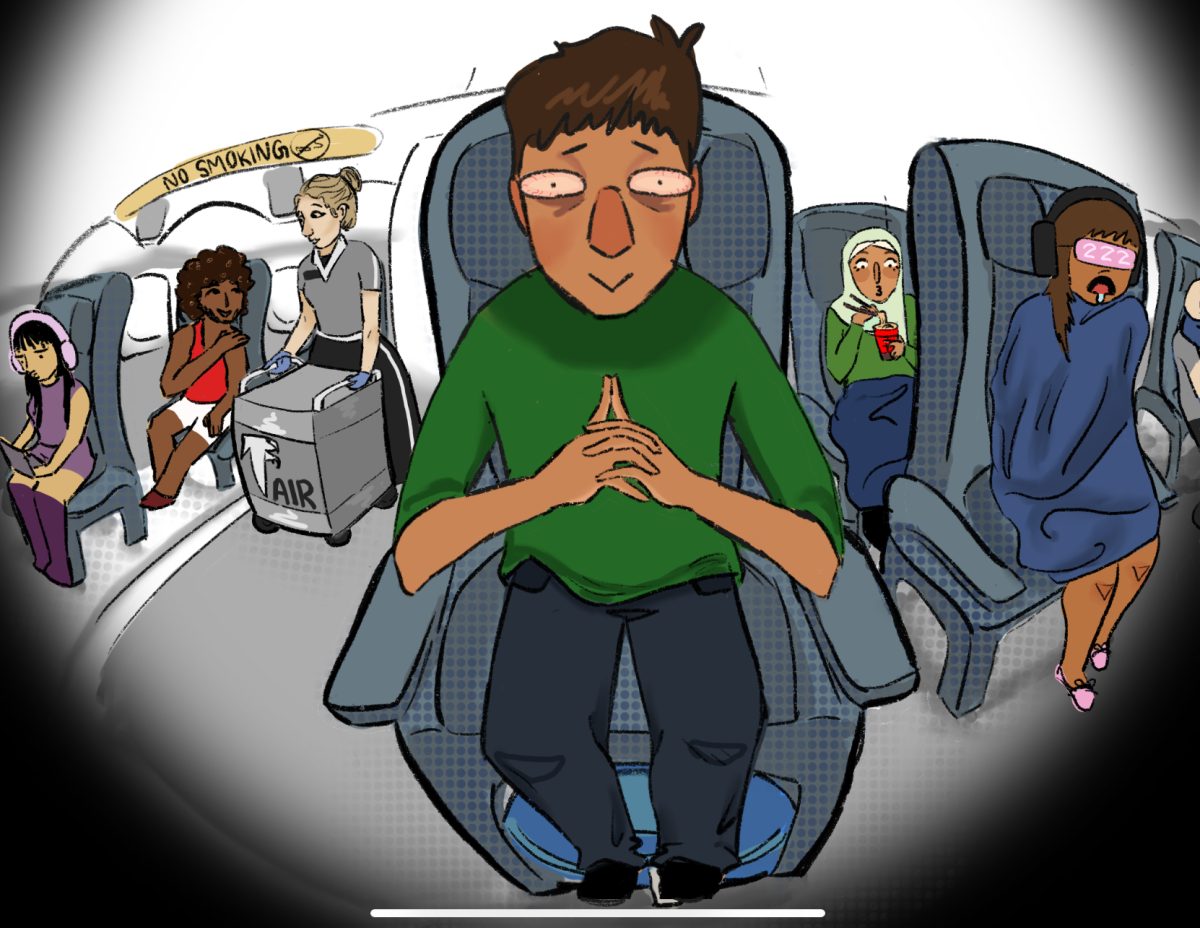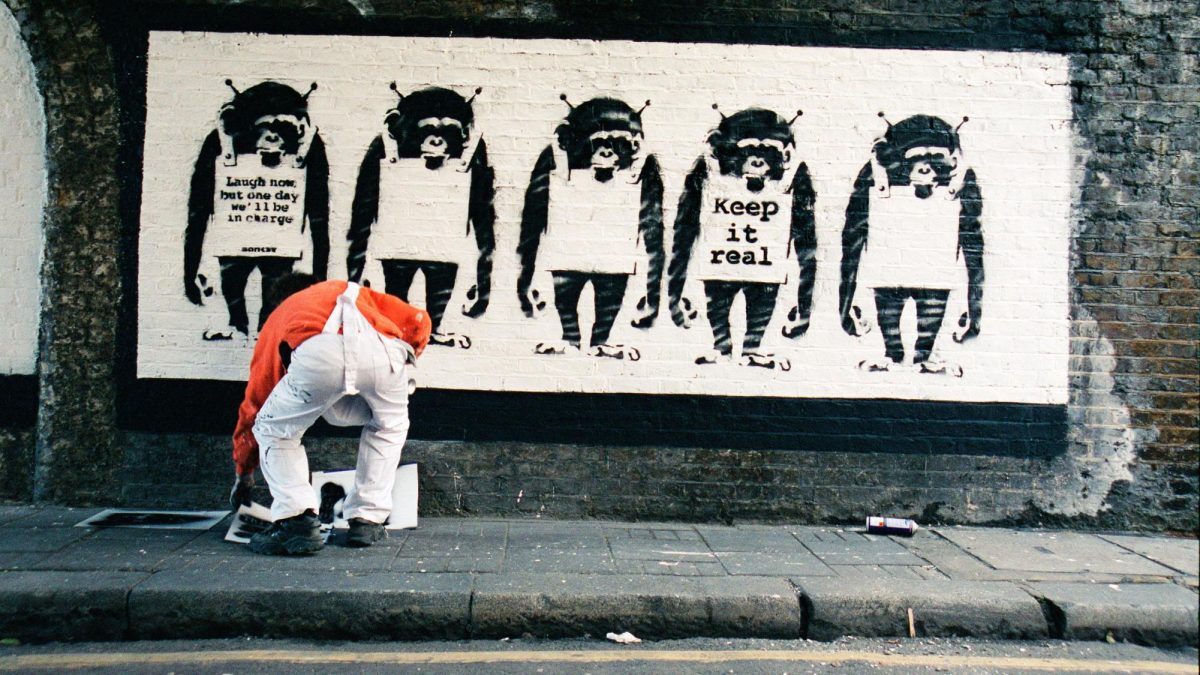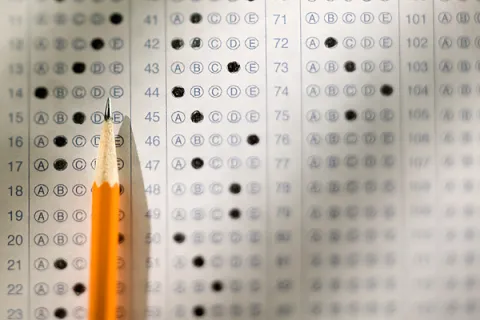The first modern presidential debate in the United States was held in 1960 between then-senator John F. Kennedy and Vice President Richard Nixon. It was the first presidential debate to be televised. For the first time ever, the American public got to compare the two candidates and their policies head-to-head. Unfortunately, Nixon, who fell ill before his debate, was seen by the American public as weaker compared to the healthy, young JFK. That debate was seen as a turning point in the election, one that JFK would go on to win.
Just a few months ago, Joe Biden and Donald Trump took the stage in Atlanta. During that debate, the American people were able to see President Joe Biden’s elderly condition and lackluster performance. The debate would lead to the subsequent withdrawal of Joe Biden from the 2024 election, after which the Democratic National Convention would swiftly go on to nominate Vice President Kamala Harris as presidential candidate.
When historians look back on America’s political history, 2016 is seen as a turning point. While these deep-seated divisions have been around for decades, the 2016 election really brought them into the spotlight. It was one of the most divisive elections in America’s history and paved the way for the overtly polarized country we all live in today.
Modern debates prior to the 2016 election were in many ways more civil than they are today. During the 2012 election of Mitt Romney and Barack Obama, the American public wasn’t forced to ponder if the two candidates would even shake hands. Mitt Romney greeted Obama with, “Congratulations to you, Mr. President, on your anniversary. I’m sure this was the most romantic place you could imagine here—here with me.” This civil exchange is something our country seems to lack today. In an interview following a 2012 debate, Obama said, “We won this debate tonight because we talked directly to the American people about plans.”
Contrast that with the most recent presidential debate between Harris and Trump, a debate which was filled with quarrels about crowd size and consistent misinformation. The candidates spewed blatant misinformation in the debate, like Trump’s comment concerning the people in Springfield, Ohio, “They’re eating the pets of the people that live there,” or Harris saying, “Donald Trump left us the worst unemployment since the Great Depression,” disregarding the unemployment rates during the Great Recession. While the debate could be seen as entertaining, it certainly would not be considered informative to voters. One of the biggest issues our country faces in this election is the political divide, a divide that is further fueled by chaotic and uninformative debates.
But, you know, at least we get concepts of a plan.













